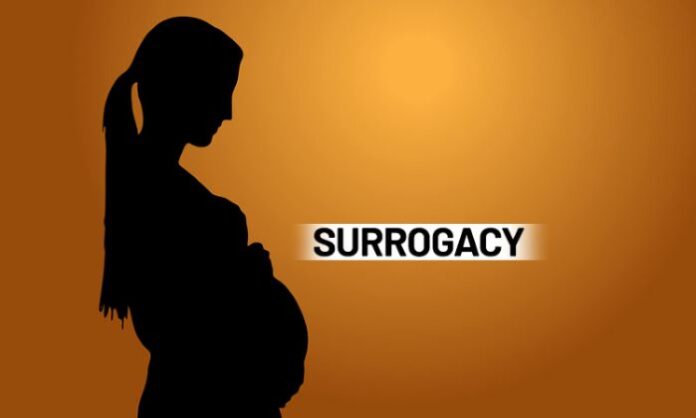Bombay: The Bombay High Court recently granted permission to two couples to pursue surrogacy procedures involving prohibited donor gametes. The court’s decision was based on the argument that reproductive health is a facet of personal liberty protected under Article 21 of the Constitution. The case involved a husband and wife who faced significant fertility challenges due to the wife’s enduring medical issues.
A Division Bench comprising Justice G.S. Kulkarni and Justice Firdosh P. Pooniwalla noted that,
“It is well settled that the reproductive health is a facet of personal liberty under Article 21 of the Constitution of India. However, when such right is required to be exercised by taking recourse to the procedure of Surrogacy, the Parliament has regulated the same by enactment of the Surrogacy Act. The Surrogacy Act makes provisions to regulate surrogacy clinics inter alia by prescribing strict conditions in regard to surrogacy clinics and the surrogacy procedures.”
Between 2011 and 2023, the wife underwent surgeries and dealt with various ailments stemming from genetic abnormalities. Medical experts advised the couple that natural childbirth would not be possible for the wife, leading them to consider surrogacy as their only option for parenthood. However, when attempting to proceed with surrogacy under the provisions of the Surrogacy (Regulation) Act, 2021, and its associated rules, the couple encountered complications arising from a government notification issued in March 2023. This notification, exercising powers under Section 50 of the Surrogacy Act, imposed restrictions on donor gametes, causing distress for the couple.
Advocate Tejes Dande represented the petitioners, arguing against the restrictions imposed by the government notification. The High Court acknowledged the petitioners’ plight, emphasizing that the strict conditions in the notification should not prejudice their legal right to achieve parenthood through surrogacy. The court ruled that the petitioners could opt for surrogacy without adhering to the contested notification but would still need to comply with other conditions specified in the 2021 Act and Rules.
The court recognized the couple’s extensive efforts, spanning from 2015 to 2022, seeking fertility treatments and consultations with experts. Given the persistent failures in earlier procedures, medical experts advised against using the wife’s own eggs, prompting the couple to pursue surrogacy. The court, considering these circumstances, concluded that the petitioners should not be bound by the contested rules and granted them relief, allowing them to proceed with surrogacy while fulfilling other specified conditions.


